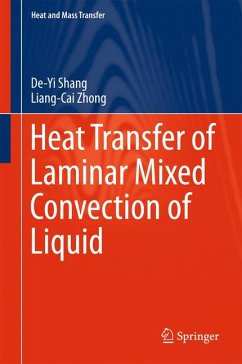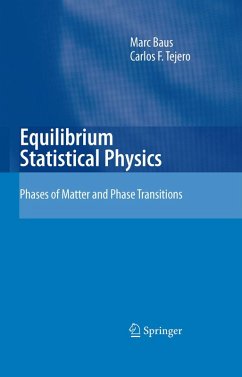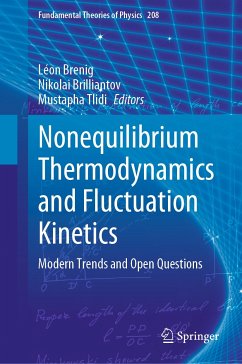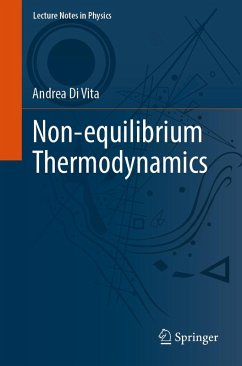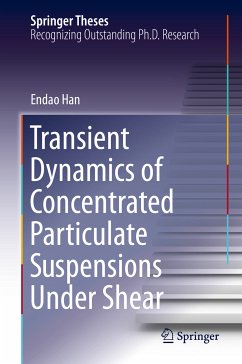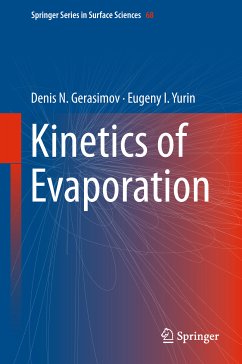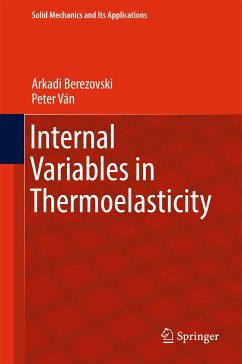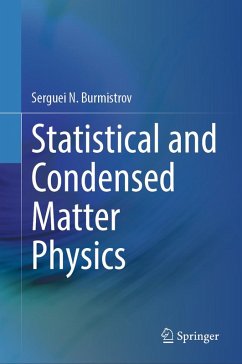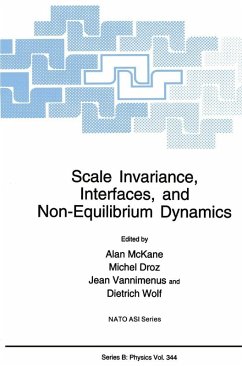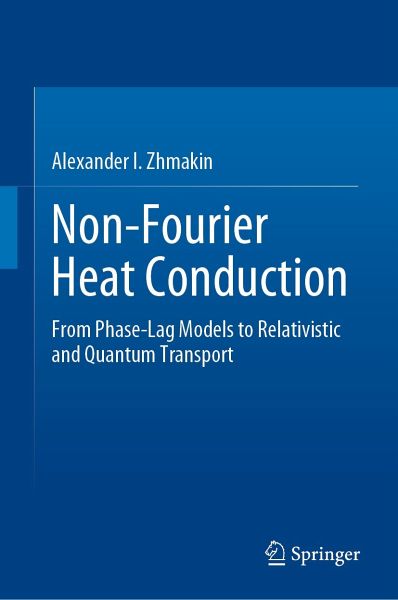
Non-Fourier Heat Conduction (eBook, PDF)
From Phase-Lag Models to Relativistic and Quantum Transport
Versandkostenfrei!
Sofort per Download lieferbar
120,95 €
inkl. MwSt.
Weitere Ausgaben:

PAYBACK Punkte
60 °P sammeln!
This book presents a broad and well-structured overview of various non-Fourier heat conduction models. The classical Fourier heat conduction model is valid for most macroscopic problems. However, it fails when the wave nature of the heat propagation becomes dominant and memory or non-local spatial effects become significant; e.g., during ultrafast heating, heat transfer at the nanoscale, in granular and porous materials, at extremely high values of the heat flux, or in heat transfer in biological tissues. The book looks at numerous non-Fourier heat conduction models that incorporate time non-l...
This book presents a broad and well-structured overview of various non-Fourier heat conduction models. The classical Fourier heat conduction model is valid for most macroscopic problems. However, it fails when the wave nature of the heat propagation becomes dominant and memory or non-local spatial effects become significant; e.g., during ultrafast heating, heat transfer at the nanoscale, in granular and porous materials, at extremely high values of the heat flux, or in heat transfer in biological tissues. The book looks at numerous non-Fourier heat conduction models that incorporate time non-locality for materials with memory, such as hereditary materials, including fractional hereditary materials, and/or spatial non-locality, i.e. materials with a non-homogeneous inner structure. Beginning with an introduction to classical transport theory, including phase-lag, phonon, and thermomass models, the book then looks at various aspects of relativistic and quantum transport, including approaches based on the Landauer formalism as well as the Green-Kubo theory of linear response. Featuring an appendix that provides an introduction to methods in fractional calculus, this book is a valuable resource for any researcher interested in theoretical and numerical aspects of complex, non-trivial heat conduction problems.
Dieser Download kann aus rechtlichen Gründen nur mit Rechnungsadresse in A, B, BG, CY, CZ, D, DK, EW, E, FIN, F, GR, HR, H, IRL, I, LT, L, LR, M, NL, PL, P, R, S, SLO, SK ausgeliefert werden.



